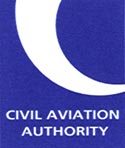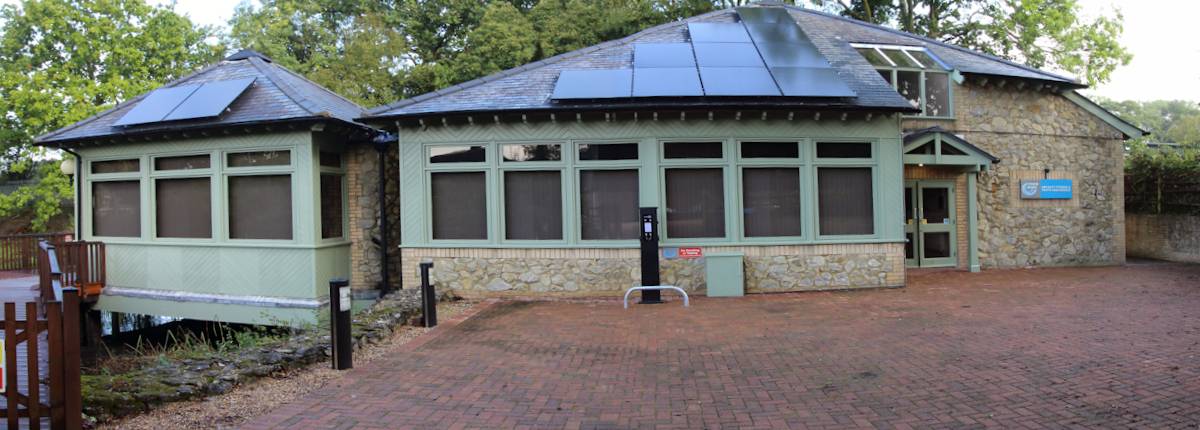 |
Consultation: UK Cost Sharing Flights - Advertising |
The CAA has published a consultation on proposed changes to the regulations on advertising of cost sharing flights by private pilots.
The CAA originally consulted on our proposed changes to cost sharing regulation in November 2021. As a result of responses to the first consultation, the CAA have developed additional measures to regulate the advertising of cost sharing flights. These proposals are aimed at ensuring the public are able to make an informed choice when making arrangements online.
This consultation document concentrates solely on the advertising element of the proposed changes to the cost sharing rules.
You can make your comments on the consultation by 30 November 2023.
AOPA Position:
- AOPA does not condone cost sharing flights that should be conducted as public transport flights subject to an Air Operator Certificate and would support the UK CAA taking the appropriate action against the operator of any such flight.
- AOPA does not condone any Pilot making a profit from a cost sharing flight.
- AOPA understands that there is disquiet, and opposition, from some to advertising cost sharing flights on online platforms. AOPA would support the UK CAA monitoring online platforms for any abuse of cost sharing rules as they now stand.
- AOPA does see benefit where, for some Pilot's, cost sharing allows them to afford flying more hours, keeping current and, if hiring the aircraft, buying more hours from the owner.
- AOPA has not seen any evidence that the proposed changes will improve safety as there is no data showing that cost sharing flights are inherently more dangerous than any other private flight.
Regulators look for comments that show their proposal has flaws or a consequence that was not foreseen when writing the proposal, hence the position AOPA has adopted is based on what the CAA has committed itself to doing, in writing, when regulating GA. If they want to be an evidence-based regulator then they need to use good quality safety data, not one accident that had nothing to do with cost sharing and was indeed an illegal public transport flight.
The CAA has said in writing it will not gold plate EASA standards and will regulate GA only where it must and do so proportionally. These are words by which we must hold the CAA to account, because if we don’t then what next? The CAA can only point to what may happen under the current rules, signalling the potential for offering an illegal charter – which we do not condone and have made this very clear. It is as if the DfT were writing a rule to prevent someone from driving more than 70mph on the motorway, as there is always the possibility that you may drive faster than the law permits. But a speeding offence is dealt with on the basis of evidence, therefore the same should be true if the CAA want to claim that a cost sharing flight was illegal. BUT the CAA by its own admission do not have the resources to gather the evidence or do ramp checks so the aim is to place a burden on the pilot where non-compliance with the rules might suggest they were breaking the law…. This is what we are fighting…
If we do not respond to the consultation demanding that the CAA live up to their commitments around regulating GA the next time there is an issue it maybe one that affects you. So even if you do not cost share, I suggest that you should respond and demand that the CAA use qualified data to support any rule change and to do so proportionally, without gold plating ICAO or EASA standards.
Martin Robinson
CEO AOPA

